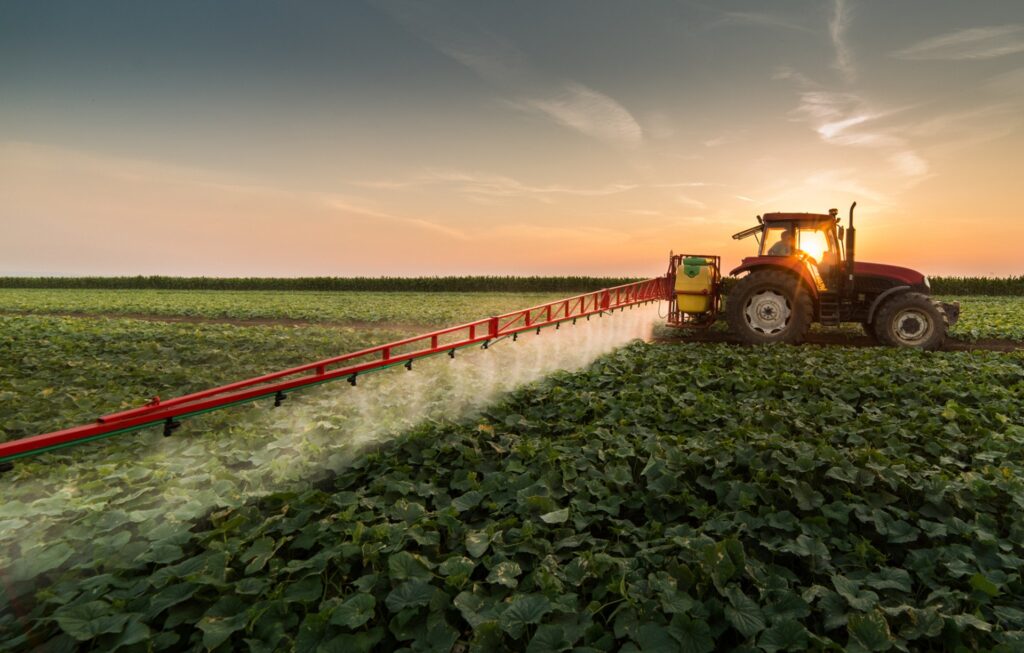How technology is changing the farming industry

Using ancient methods and practices, farmers have developed their profession for thousands of years. While it is possible to grow high-quality crops using conventional ways, technology is assisting even the newest farmers in becoming agricultural powerhouses. One of the finest things you can do is get an agricultural loan for farmers to invest in technology to help your farm flourish. Here’s how technology is transforming the industry so you can take advantage of new equipment and methods to expand your business.
A Clearer Picture of Soil Conditions
Soil conditions may have a big impact on how your crops grow year after year. Though you may analyze the soil on-site or send samples to a lab, it takes time and the findings aren’t always as accurate as you’d want. Farmers can easily comprehend what’s going on in their land at all times thanks to new sensors and artificial intelligence. This allows you to make real-time adjustments to the chemical makeup of the soil for each crop you’re cultivating.
Improved Long-Term Sustainability
Sustainability not only guarantees that your farm can continue to function in the future. Hydroponics and aquaponics, along with sophisticated computer monitoring of crops and growth conditions, allow you to get the most out of your farm while lowering your carbon footprint and overall water consumption. This means you’ll be able to represent your farm as one that follows sustainability methods. Consider taking an agriculture loan to assist pay for the essential equipment if you’re not sure where to begin.

Smart Farming

It’s not simply that technology is making it easier to qualify for a farm loan. It also enables farmers to automate a large portion of their operations. Modern farmers may spend more time growing their occupations. This enables lowers the cost of labor and makes it simpler to increase profit margins each quarter.
These techniques of smart farming come with enormous benefits and can help to improve farming productivity. Check out our article about the advantages of Smart Farming here
Organic farming

Organic farming is a type of farming that avoids or limits the use of synthetic fertilizers, pesticides, growth regulators, genetically modified organisms, and livestock feed additives. Crop rotations, use of crop residues, animal manures, legumes, green manures, off-farm organic wastes, biofertilizers, mechanical cultivation, mineral-bearing rocks, and aspects of biological control are used to maintain soil productivity and tilth, supply plant nutrients, and control insect, weeds, and other pests to the greatest extent possible in organic farming systems.
Inter Cropping

Monoculture farming can also be replaced with intercropping farming. Several species are grown in between each other in an intercropping system during the same season. The arrangements, sowing time, and plant combinations used in intercropping varied. Annuals and perennials can grow next to one other, and annuals can grow next to other annuals. The perennial-annual intercropping of garlic and tomatoes is an example of perennial-annual intercropping. In tropical regions, the combination of coffee and banana is a perennial favorite.
The Right Equipment Makes All the Difference

Technological improvements have made it simple to modernize your farming techniques. You will, however, need to come up with a strategy to fund such upgrades. Apply for an agriculture loan today and begin making sensible improvements on your farm while utilizing technology.
Explore our Krishi Katha app for more information we are active users of social media, appreciably FaceBook, Instagram, and LinkedIn, and we’re infusing agriculture with a brand new vibrancy and perspective.
